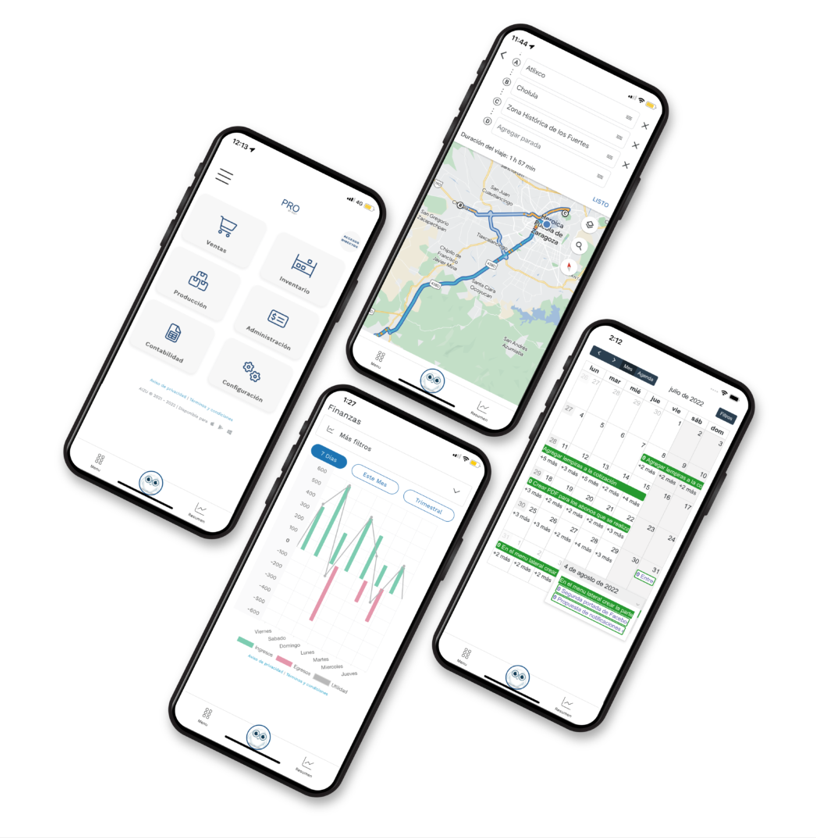ERP System Security: The Key to Protecting Business Data
In today’s digital era, Enterprise Resource Planning (ERP) systems play a crucial role in the integrated management of a company’s core operations. Spanning from financial management to supply chain, human resources, and operations, these systems contain vast amounts of sensitive and confidential data. Ensuring the security of these systems is not just a concern but an imperative necessity to safeguard against unauthorized access, data breaches, and other cyber threats.

The Significance of ERP Security
ERP systems are the operational backbone of businesses, storing critical information that, if compromised, can have devastating effects. Data breaches can lead to significant financial losses, damage to brand reputation, business disruption, and in severe cases, the complete unraveling of business operations.
Strategies to Strengthen ERP Security
- Access Management and User Controls: Implementing a least privilege access policy ensures users only have access to necessary information for their roles. Multi-factor authentication (MFA) adds an extra layer of security by requiring more than one credential to access ERP systems.
- Data Encryption: Encrypting sensitive data transforms it into an indecipherable code, protecting information at rest and in transit. This is crucial for preventing unauthorized access to critical data.
- Continuous Auditing and Monitoring: Regular audits and continuous monitoring of activity within the ERP system can help identify suspicious patterns or anomalies that might indicate a security breach.
- User Training: User awareness of security is key. Training employees on security best practices, such as identifying phishing emails and secure password management, can significantly reduce the risk of data breaches.
- System Updates and Maintenance: Keeping the ERP system updated with the latest security patches is essential to protect against known vulnerabilities. An outdated system is an easy target for cybercriminals.
- Incident Response and Disaster Recovery: Having an incident response and disaster recovery plan ensures the business can quickly react to a security breach and minimize operational impact.
Conclusion
Security in ERP systems is an integral part of any organization’s security strategy. As cyber threats continue to evolve, so too must the defense of ERP systems. Implementing robust security measures and fostering a security culture within the organization are critical steps towards safeguarding digital assets and maintaining business integrity. In a world where data is one of the most valuable assets, securing the ERP system is not an option; it’s a necessity.
The security of your ERP system is crucial for protecting your company’s data and operations. Discover how AIZU can help you enhance your ERP’s security and ensure your data’s integrity. Visit our site for more information and start securing your business today.
